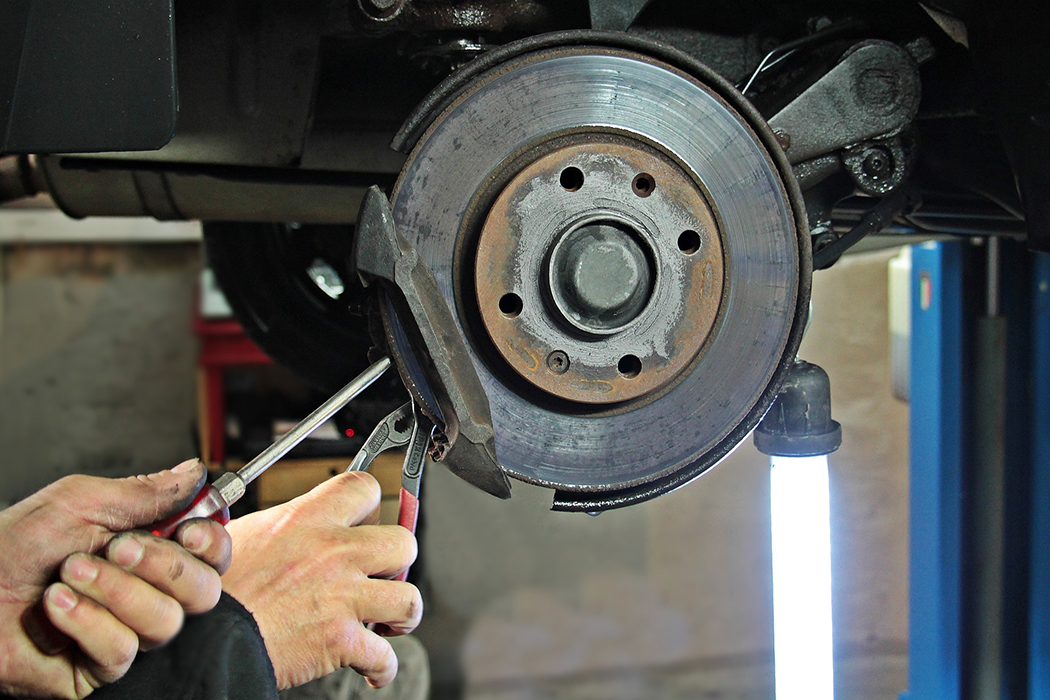What You Need to Know about Trailer Brakes

When it comes to towing a trailer, safety should always be your top priority. One of the most critical components of a safe towing experience is trailer brakes. Whether you're hauling a small trailer or a larger one, it's essential to have functioning brakes to ensure that you can stop safely and control your load. In this blog post, we'll cover everything you need to know about trailer brakes, including the different types, how they work, and why they're essential.
1. Types of trailer brakes
There are two main types of trailer brakes: electric and hydraulic. Electric brakes work by receiving a signal from the towing vehicle's brake system and applying pressure to the brake shoes on the trailer's wheels. Hydraulic brakes, on the other hand, work by using a hydraulic fluid to apply pressure to the brake pads. Both types of brakes have their advantages and disadvantages, and it's essential to choose the right type for your trailer.
2. How trailer brakes work
Trailer brakes work by applying pressure to the trailer's wheels when the towing vehicle's brakes are applied. The pressure is applied through the brake controller, which sends a signal to the trailer brakes to engage. The brakes then slow down the trailer, helping to prevent it from pushing the towing vehicle and reducing the risk of accidents.
3. The importance of trailer brakes
Trailer brakes are essential for several reasons. Firstly, they help to ensure that you can stop safely and control your load. Without functioning brakes, the trailer can push the towing vehicle, making it difficult to stop or control. Secondly, trailer brakes can help to reduce the wear and tear on the towing vehicle's brakes, prolonging their lifespan. Finally, having functioning trailer brakes is a legal requirement in many states, and failure to have them can result in fines and penalties.
4. Maintenance and care
Trailer brakes require regular maintenance and care to ensure that they're functioning correctly. It's essential to inspect the brakes before each use and replace any worn or damaged parts. Additionally, you should bleed the brake system regularly to remove any air bubbles and ensure that the brakes are working correctly.
Conclusion
Trailer brakes are a critical component of safe towing. Whether you're hauling a small trailer or a larger one, it's essential to have functioning brakes to ensure that you can stop safely and control your load. By understanding the different types of brakes, how they work, and their importance, you can ensure that you choose the right type of brakes for your trailer and maintain them properly. By doing so, you'll have peace of mind knowing that you're towing safely and responsibly.

The Importance of Proper Weight Distribution when Towing
Proper weight distribution is key to safe and effective towing. When you're towing a trailer, it's important to make sure that the weight is distributed properly between your vehicle and the trailer. Improper weight distribution can lead to swaying, loss of control, and even accidents. In this post, we'll discuss why proper weight distribution is important, how to achieve it, and tips for maintaining it while on the road.